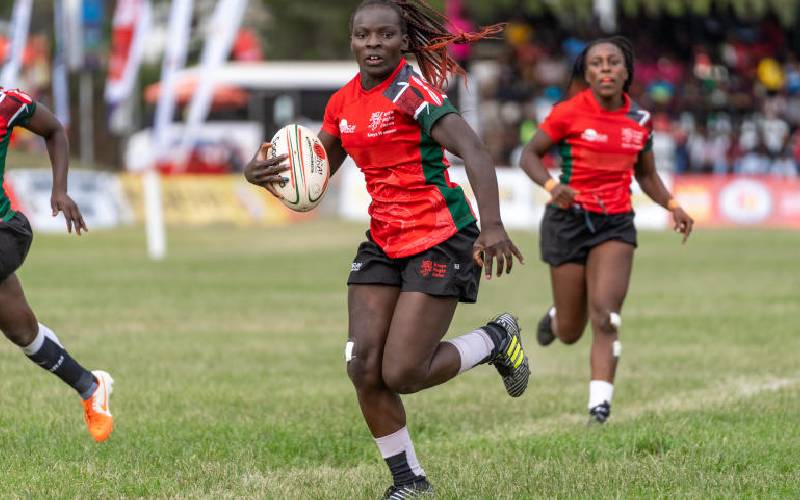×
The Standard e-Paper
Kenya’s Boldest Voice

Kenya Lioness fly half Grace Adhiambo in action during a past match. [Washington Onyango, Standard]
Though there are diverse factors which determine how pay should be calculated, there is need to address the shortfall women in sports get as they work equally hard as men. Ironically, in some instances, women teams and competitions draw larger fan bases than men.